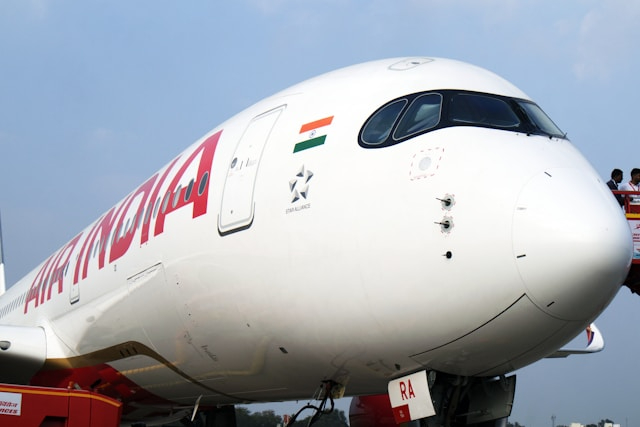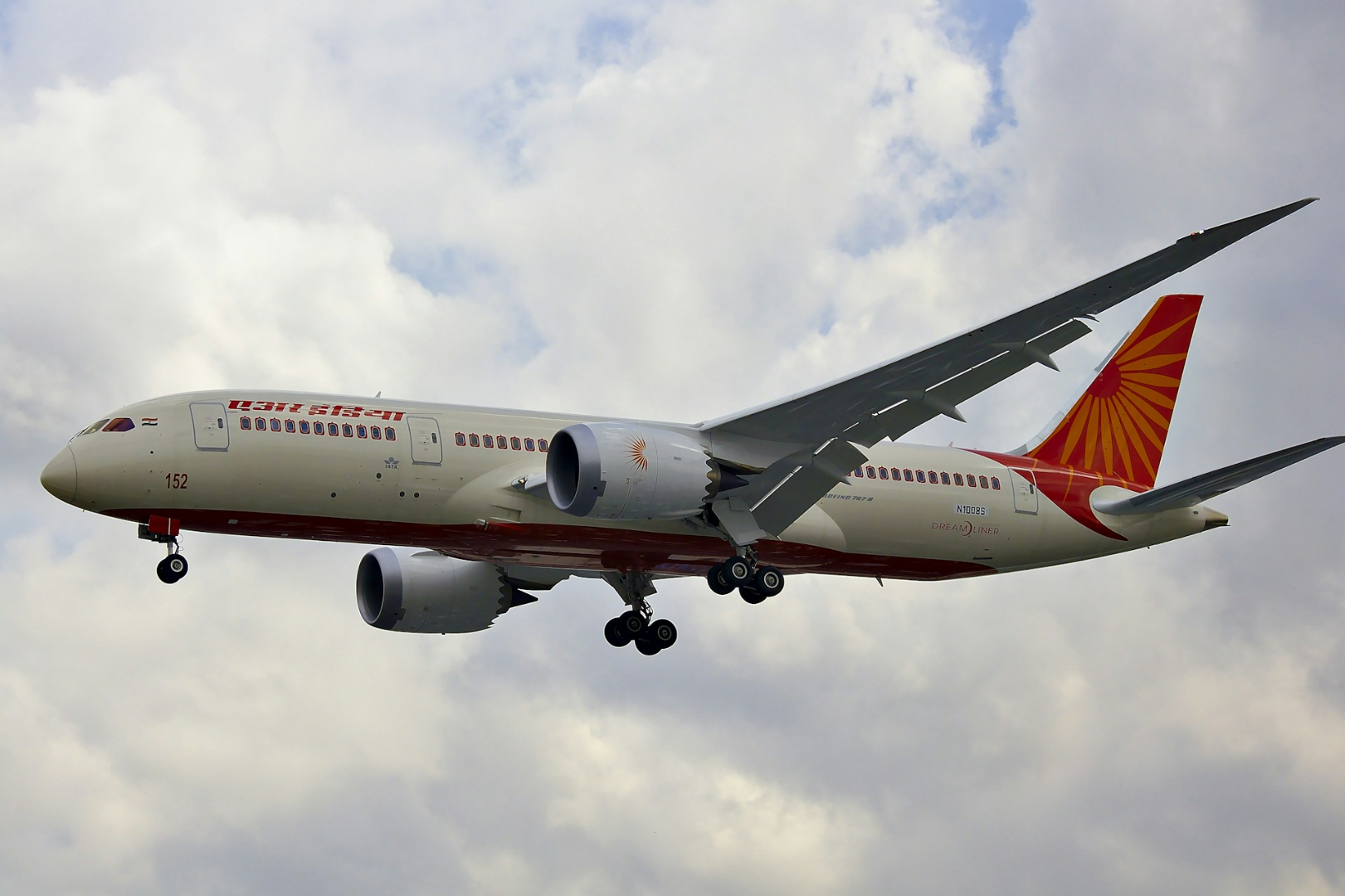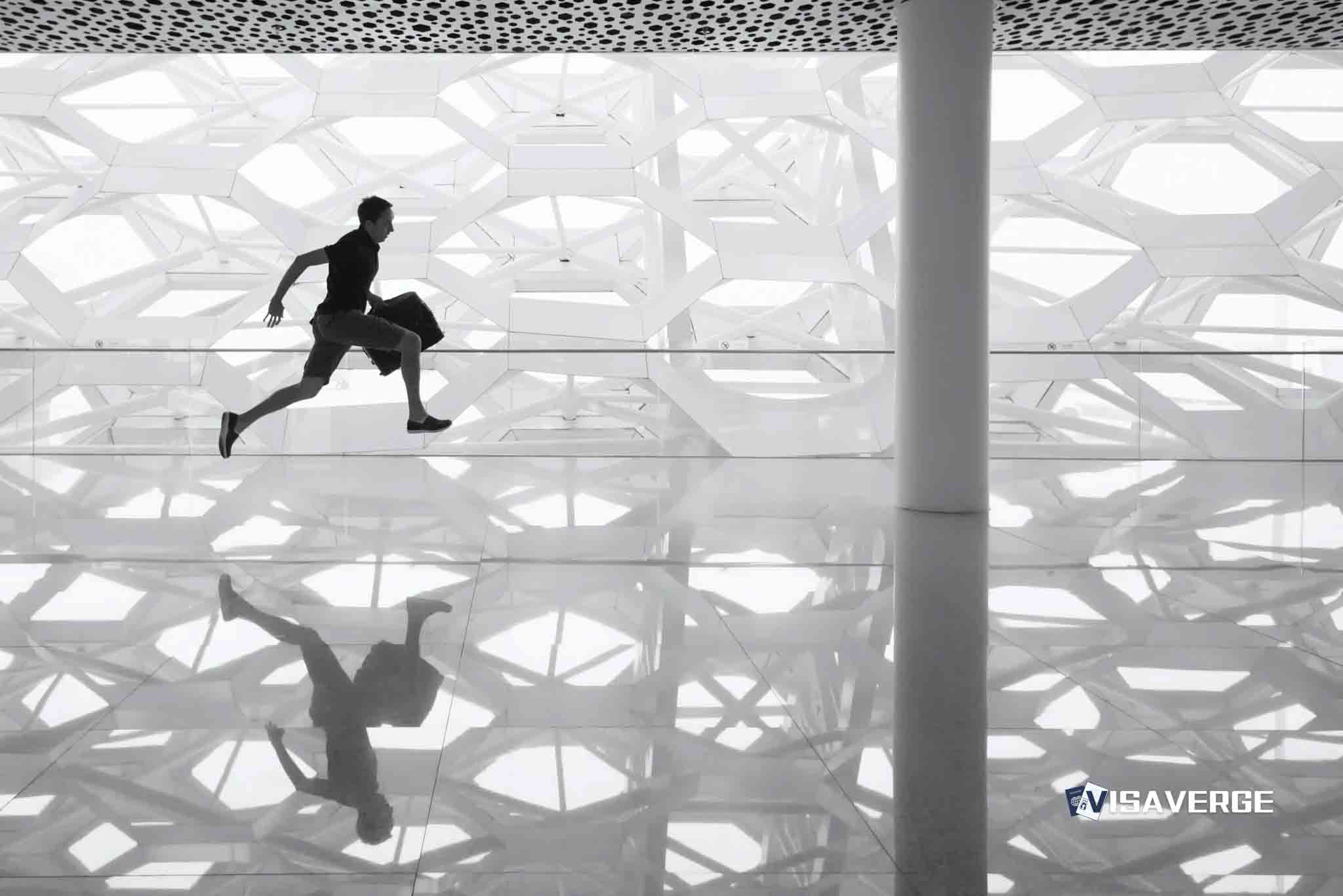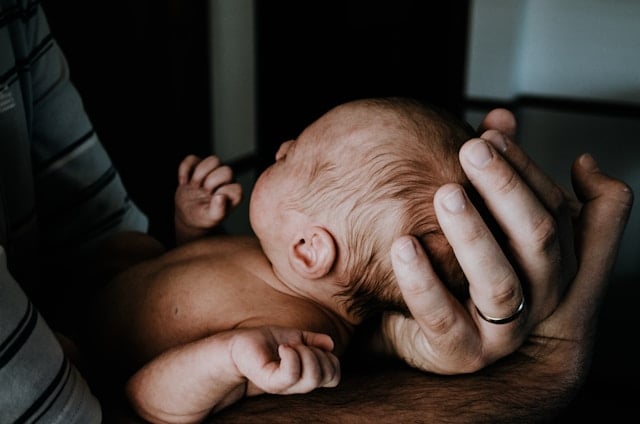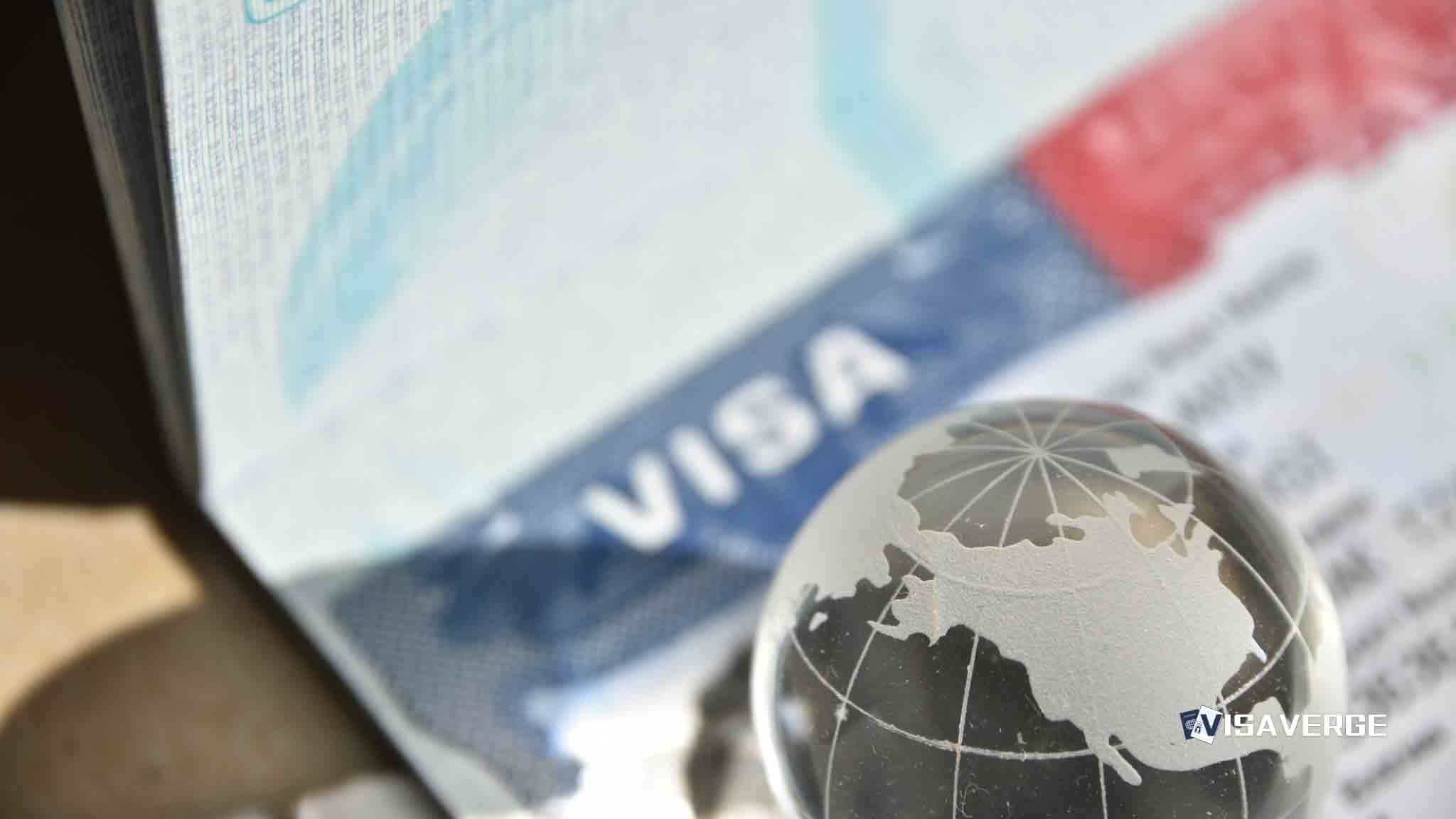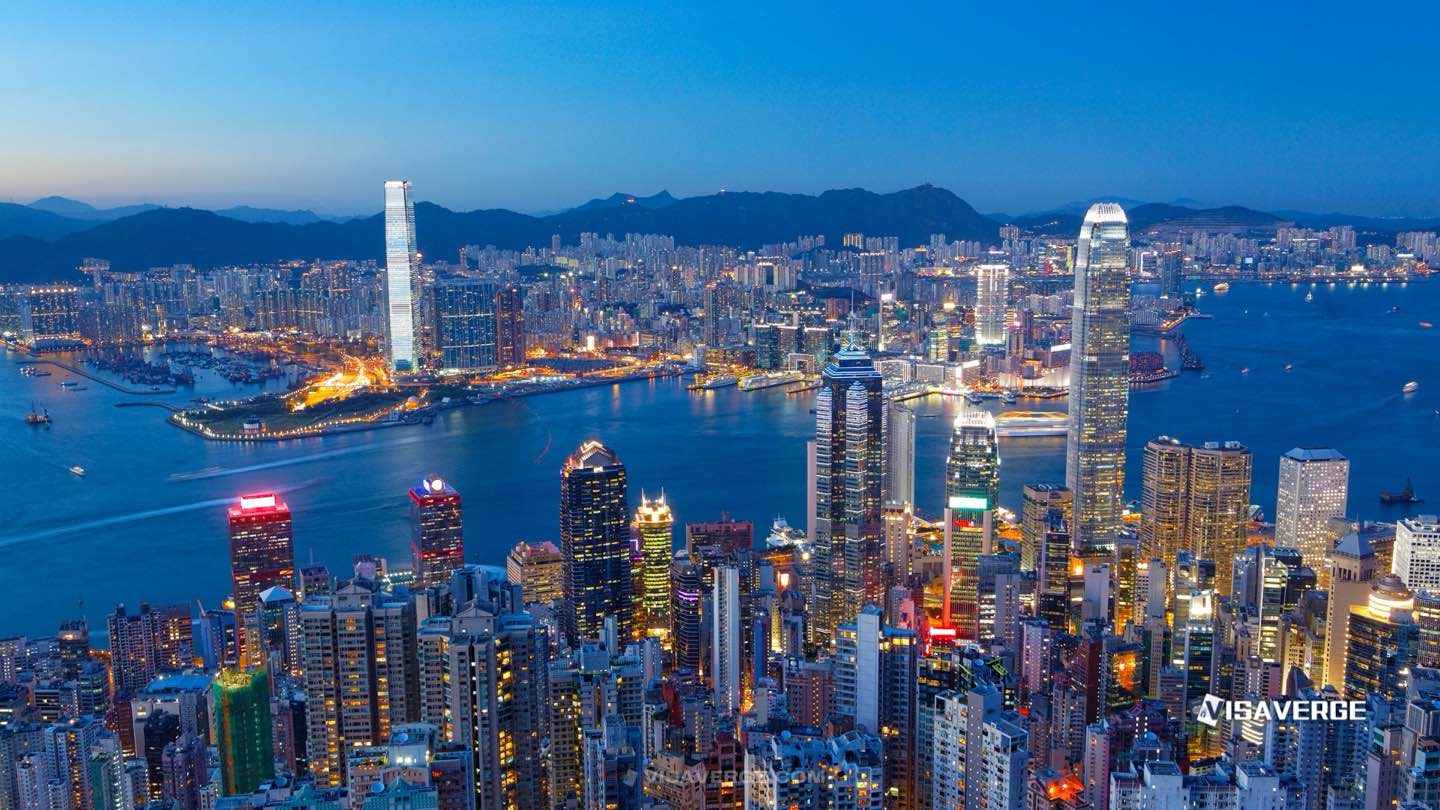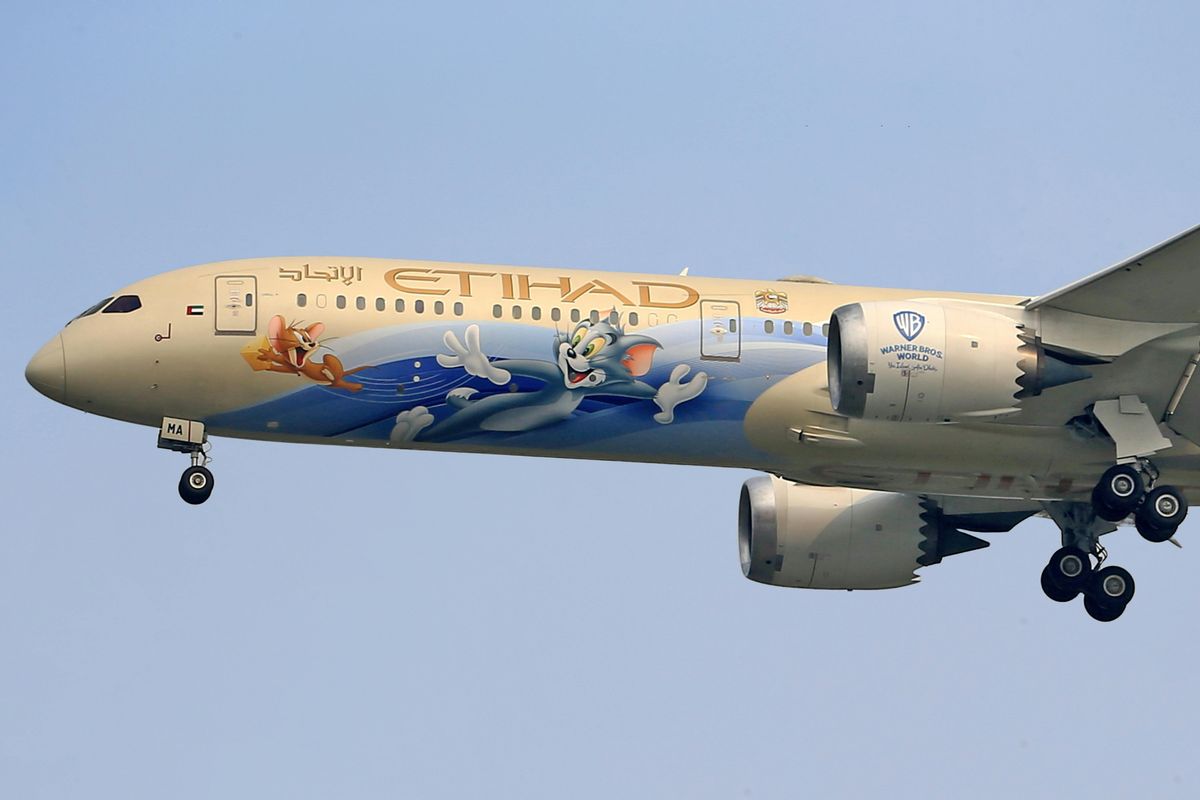(MALAYSIA) A viral claim that Malaysia is now offering Permanent Residency for less than Rs 11,000 (roughly MYR 60) is drawing intense public interest. But officials and policy documents point to a very different reality: Malaysia’s Permanent Residency (PR) is a highly selective status granted by the Malaysian Immigration Department after rigorous review, not a low-cost, quick application.
As of August 2025, there is no official program that grants PR at or near this price point. Approvals remain discretionary even for qualified, long-term residents who have lived in the country for years.
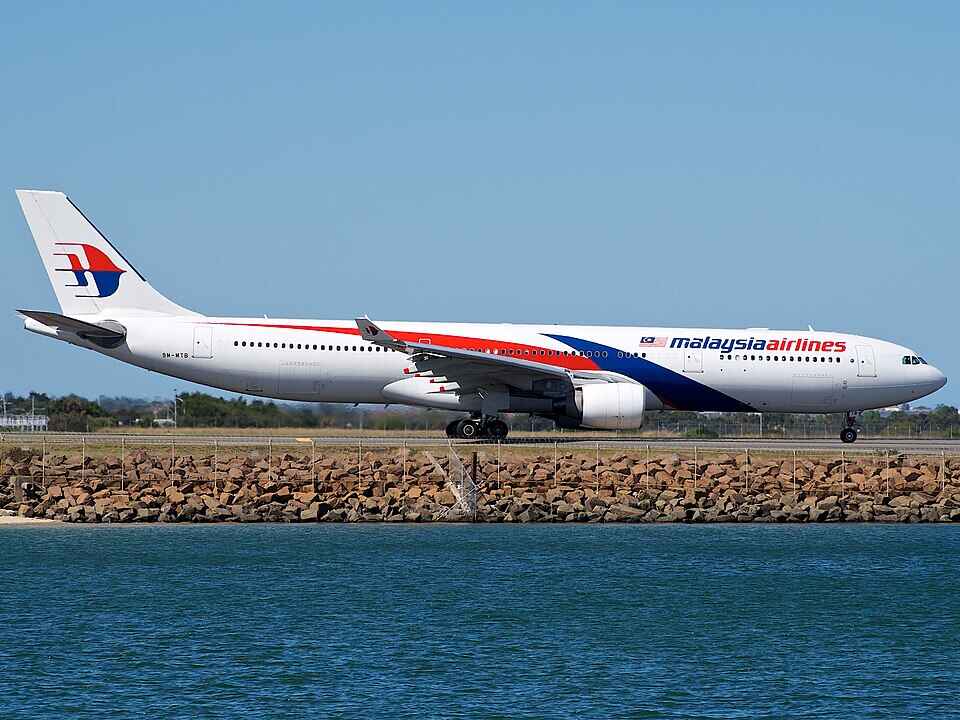
At the center of the confusion is a mix of terms, fees, and long-stay visas that many readers interpret as PR. Malaysia does offer several pathways that can lead to a long life in the country, including professional work passes and family-based routes. It also runs popular long-stay visas designed for retirees and investors.
However, those programs—while helpful for people who want to base their lives or businesses in Malaysia—do not convert to PR directly and come with substantial financial requirements. Officials continue to stress that PR is not sold, is not automatic after any fixed time period, and is granted on a case-by-case basis when applicants meet strict criteria and pass background checks.
Permanent Residency, once granted, allows people to live, work, and study in Malaysia, and to use public healthcare and education largely in line with citizens. PR status does not include political rights: holders cannot vote or run for office. The process, handled by the Malaysian Immigration Department in Putrajaya, has no set timeline and can take months or longer.
Long-term residents who are considering PR are advised to:
– keep clear records of legal stays,
– maintain a clean criminal record, and
– show stable finances.
Policy Claims and Official Position
The figure Rs 11,000 (about MYR 60) has circulated widely, but it does not match any official fee or investment threshold linked to Permanent Residency or long-stay visas.
- PR applications involve various checks and fees, but the decisive barriers are not small administrative charges.
- The real requirements rest on years of legal residence, proof of good conduct, and—in some routes—high salaries or large investments.
According to analysis by VisaVerge.com, public confusion often arises when long-stay visas like MM2H or PVIP are mistaken for PR, or when a small service fee is portrayed as the full cost of a path that, in reality, requires far more time and money.
The Malaysian Immigration Department explains that PR approvals are discretionary. There is no guaranteed right to PR even if an applicant has lived in Malaysia for many years. The department reviews each case on its facts, with a focus on:
– public order,
– economic contribution, and
– social integration.
Officials have not announced any 2025 policy change to lower PR costs or shorten residency thresholds to match the viral claim.
Malaysia maintains several long-stay visas with clear benefits, but none of them provides automatic PR:
- The Malaysia My Second Home (MM2H) program offers a 10-year renewable social visit visa aimed mostly at retirees and long-stay residents. It typically requires a fixed deposit and may include property purchase and minimum stay requirements. MM2H supports a stable life in Malaysia but does not convert to PR by itself.
- The Malaysia Premium Visa Program (PVIP) targets high-net-worth individuals. It provides a 20-year renewable visa with no minimum stay, and it allows work and business activity. But the price is far from Rs 11,000:
- RM 1 million fixed deposit,
- around RM 200,000 in fees,
- and RM 40,000 in monthly offshore income.
PVIP is not PR; it is a flexible long-stay option for those who can meet these financial terms.
The Malaysian government’s public guidance remains consistent: there is no low-cost PR path. People interested in Permanent Residency or long-stay options should rely on official sources, not viral posts. The best first stop is the Immigration Department’s website at https://www.imi.gov.my, which centralizes policy updates, requirements, and online services.
Routes to Permanent Residency and Their Real Costs
Malaysia recognizes several broad categories for Permanent Residency consideration. Each route sets high bars, not low fees.
Key routes and typical thresholds:
– Long-term residence
– People who have lived in Malaysia on valid passes for at least 5 years may be considered for PR.
– Qualifying stays usually include Employment Passes, Dependent Passes, or Long Term Social Visit Passes.
– The five-year mark is eligibility, not a promise of approval.
- Skilled professionals
- Applicants generally need a senior or highly specialized role, often with monthly pay around RM 15,000 or more.
- The aim is to show skills that help the local economy; strong profiles still face full review.
- Marriage to a Malaysian citizen
- Spouses can seek PR after 5 years of continuous residence and proof of a real, ongoing marriage.
- Authorities examine the couple’s life together, financial stability, and conduct.
- Investment and business ownership
- Investment-based routes often point to around RM 2 million (approx. USD 470,000).
- The government reviews business activity, job creation, and compliance.
- Children and special cases
- Certain children born in Malaysia to PR or citizen parents, plus some stateless children under special programs, may be considered under separate rules.
In all categories, the Immigration Department weighs the full picture: length of legal stay, behavior, economic value, and social ties. Candidates should expect the process to take time, and they should not plan major life changes on an assumption of approval.
The “less than Rs 11,000” claim is often linked to partial or out-of-context information. Examples include:
– a small administrative charge for a document or minor step,
– fees for temporary pass renewals that are not the same as PR barriers.
Malaysia’s PR rules centre on proven ties, years of legal presence, and measurable contributions—criteria that cannot be met with a small one-time fee.
Officials also note that MM2H, while attractive for retirees and remote workers, is not an on-ramp to PR on its own. It requires notable savings and sometimes property commitments, with fixed deposits often in the hundreds of thousands of ringgit. The program was revamped in 2024–2025 to streamline some terms, but it remains a long-stay visa rather than a PR program.
The PVIP program is even more demanding financially. The RM 1 million deposit and RM 200,000 fee, plus RM 40,000 monthly offshore income, make it feasible only for high-net-worth individuals. While PVIP gives broad freedom to live, work, and invest, it does not promise PR later. Applicants who want PR must still meet residence length, conduct, and other criteria.
From 2024 to 2025, authorities did not announce any cuts to PR fees or residency thresholds that would bring costs anywhere close to MYR 60. Malaysia’s approach aims to protect the local labor market and maintain social balance while welcoming people who add clear value—through skill, investment, or family ties.
Applicants planning to seek PR should expect the following common requirements:
1. At least 5 years of legal residence in Malaysia on valid passes under most categories.
2. A clean criminal record and proof of good conduct.
3. Evidence of financial stability; in some routes, high salary levels or large investments.
4. Patience with a process that can take months to more than a year, with no guaranteed outcome.
While PR offers broad rights, it is not the same as citizenship. PR holders:
– cannot vote or run for office,
– must keep PR documentation current,
– can have status reviewed or revoked if they commit serious offenses or breach conditions.
Practical Guidance for Common Routes
Marriage route
– Requires at least 5 years of continuous residence and proof of a genuine marriage.
– Authorities will check marriage certificates, joint addresses, shared finances, and periods spent outside Malaysia.
Skilled professionals
– Suggested threshold around RM 15,000/month to demonstrate market value.
– Keep payslips, employment letters, and tax records for several years.
Investors and business owners
– Public guidance often points to RM 2 million investment as a benchmark.
– Be ready to document origin of funds, business activity, local hiring, and tax compliance.
MM2H and PVIP (long-stay visas)
– MM2H: 10-year renewable social visit visa; often needs fixed deposits and property commitments.
– PVIP: 20-year renewable visa; requires RM 1 million deposit, RM 200,000 fees, and RM 40,000 monthly offshore income.
– Neither is an automatic path to PR; both remain distinct long-stay options.
Impact on Applicants and Outlook
The strictness of Malaysia’s PR policy affects applicants, employers, and families:
- Applicants: plan around time and documented contributions rather than chasing rumors of quick approvals.
- Employers: understand that PR is not automatic; long-term employment passes and strong employer support letters are important.
- Investors: must weigh the tradeoff between the flexibility of PVIP and high financial commitments.
- Families: the marriage route is meaningful but requires patience and meticulous documentation.
The viral claim about a tiny fee risks distracting people from what matters: clean records, long legal stays, and real contributions to Malaysia’s economy and society.
Analysts expect the government to keep refining MM2H and PVIP to attract retirees and high-net-worth visitors, but not to blur the line with PR. PR approvals are likely to remain selective, focusing on skilled professionals, investors with real economic impact, and strong family links.
Practical Checklist Before Applying for PR
- Keep your immigration status valid at all times.
- Maintain stable employment or business activity.
- Pay taxes on time and keep proof.
- Avoid legal trouble; keep a clean record.
- Build community ties and keep documentation showing your life is based in Malaysia.
When you reach the 5-year legal stay point and feel your profile meets the criteria:
1. Prepare a PR application with thorough documentation.
2. If marriage-based, ensure continuous residence and ample supporting documents.
3. If work-based, gather employment letters, payslips, and tax records.
4. If investment-based, prepare evidence of the RM 2 million investment and business impact.
Remember: the process can take many months. Patience and careful record-keeping are your strongest tools.
For retirees and remote workers who seek long stays but not PR:
– MM2H remains practical but requires significant savings.
– PVIP offers long-term access but at high cost.
– Neither program substitutes for PR, and neither converts automatically into PR.
In short, the promise of “Permanent Residency for less than Rs 11,000” does not match Malaysia’s rules. Small service fees may exist, but the real barriers to PR lie in years of lawful residence, clean records, and—where applicable—high income or large investments. The government has not introduced a low-cost PR scheme in 2025, and there is no sign that it plans to do so.
For official guidance and the latest updates, visit the Malaysian Immigration Department: https://www.imi.gov.my.
Key takeaway: PR isn’t guaranteed, it isn’t cheap in the sense implied by the viral claim, and it requires documented residence, conduct, and contribution. Only the Immigration Department can grant PR after full review.
Frequently Asked Questions
This Article in a Nutshell
Malaysia does not offer PR for Rs 11,000; PR is discretionary and requires multi-year legal residence, clean records, and often high income or investment. MM2H and PVIP are long-stay visas, not direct routes to PR.


